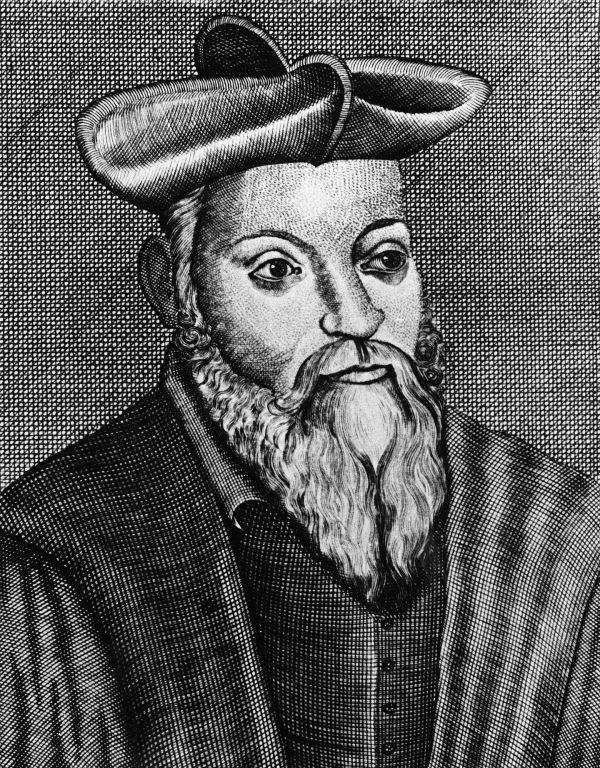Nostradamus, the enigmatic French philosopher from the 16th century, is widely recognized for his profound predictions about global events. Though his writings are often veiled in ambiguity, they have a knack for coming strangely close to reality.

Even in our modern times, people eagerly delve into Nostradamus’ prophecies to uncover what lies ahead. This year, in 2024, one of his predictions has already come true – on New Year’s Day itself.
Nostradamus predicted, “The dry Earth will become more parched, and there will be great floods.” With the current climate crisis and escalating extreme weather patterns, this prophecy seems strikingly accurate.

Its validity is further accentuated by the major earthquake that struck Japan on January 1st, measuring 7.6 on the Richter scale. Coastal areas witnessed flooding as sea defenses were overwhelmed.
Yet, there exists a debate about the exact interpretation of Nostradamus’ prophecy. Some argue that the mention of a “very great famine through pestiferous wave” refers to the earthquake itself, which creates waves on the Earth’s surface.

Others, however, contend that the term “pestiferous” implies disease-carrying, which does not correlate with an earthquake. Instead, they suggest that the reference to “parched” ground aligns better with the flooding caused by the earthquake.
These conflicting interpretations raise concerns about the potential occurrence of famine and disease in the coming year. However, Nostradamus’ predictions for 2024 go beyond natural disasters.

One of his prophecies cryptically suggests that a “red adversary will become pale with fear, putting the great Ocean in dread.” This prediction is widely believed to foreshadow a possible confrontation, presumably of a naval nature, between China and another powerful nation. The disputed island of Taiwan emerges as a focal point of tension in the region.
Another intriguing prediction alludes to the ousting of a “king of the isles” by force, to be replaced by “one who will have no mark of a king.” This prophecy could potentially apply to any country with a monarchy in place.
Lastly, Nostradamus prophesied the arrival of a new Pope in 2024. His writings mention, “Through the death of a very old Pontiff, A Roman of good age will be elected. Of him, it will be said that he weakens his see, but long will he sit and in biting activity.” Whether this prophecy will prove disheartening for the current Pope remains to be seen. After all, these predictions were made in the 16th century, and only time will reveal their veracity.
Nostradamus’ predictions continue to engage our imaginations, beckoning us into a captivating realm of mystery and intrigue. Regardless of whether they hold any truth, they undeniably inspire riveting discussions and contemplation. As we navigate the year 2024, let us observe the events unfolding with curiosity and a keen eye for the unexpected twists that may lie ahead.





